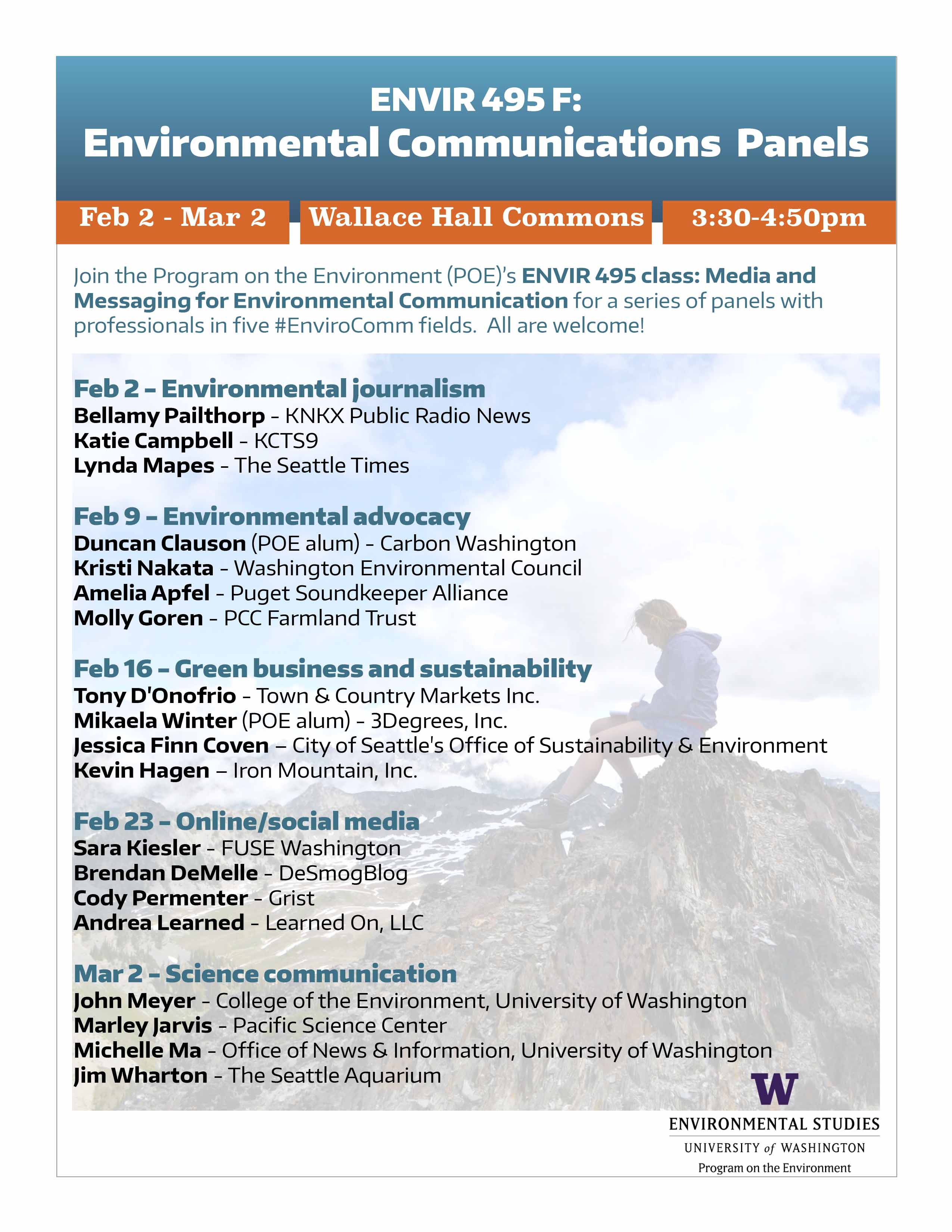(1) Design Activism Study Abroad Opportunities in Peru and Nepal
Information Session, Friday, February 10th, 2017, 12:30, Gould Hall Room 100
The Informal Urban Communities Initiative (IUCI) Design I Development Programs in Peru and Nepal are two unique, 28-day programs offered by the University of Washington’s Department of Landscape Architecture. Students in the IUCI Design I Development programs will explore the challenges of urban poverty and engage in small scale design interventions in underserved urban neighborhoods in Lima and Kathmandu. Students will learn critical skills in participatory design, implementation and project assessment.
Applications are due March 1st, 2017
Both programs will run from August 21st until September 18th, 2017.
Design – Development – Peru
Design – Development – Nepal
(2) China Design/Build – June 15th to July 15th, 2017 (Qianxi City, Guizhou Province)
Information Meetings – Friday, February 17th, 2017, 12:30 pm Gould Hall, Room 100 and Monday, February 27th, 2017, 12:30, Gould Hall, Room 312
Applications due March 1st, 2017
Application HERE.
(3)Croatia Design/Build – August 14th to September 14th, 2017
Information Meetings – Friday, February 24th, 2017, 12:30, Gould Hall, Room 312 and Monday, March 3rd, 2017, 12:30, Gould Hall, Room 312
Applications due March 1st, 2017
Application HERE.
(4) Tokyo/Taipei – August 15th to September 5th, 2017
Information Meetings – Friday, February 3rd, 2017, 12:30 – 1:30, Gould Hall, Room 100 and Monday, February 13th, 2017, 12:00-1:00, Gould Hall, Room 104
Applications due March 1, 2017
Application HERE.
(5) Quebec, Canada (Montreal & Quebec City) – June 13th to June 20th, 2017
3-6 credits of URBDP 498C/598C or LARCH 495A
Please register by June 1, 2017. Contact Prof. Fritz Wagner, fwagner@uw.edu
The estimated cost of the trip is $1,200. There is $200 scholarship abailable for the first 10 students. Students pay $100 for Global Affairs support, airfare, meals, lodging and ground transportation in addition to tuition. We will examine differences and similarities between U.S. and Quebec cities. We will look at current urban issues, layout of cities, urban design, urban growth, problems related to the environment, governmental institution as well as historical, social & cultural factors.
Spring Course List:
– L ARCH 362/598H Design of Cities, 3 credits, VLPA
– L ARCH 322 Intro. to Planting Design – 3 credits, VLPA
– L ARCH 363 Ecological Design and Planning – 3 credits, NW
– L ARCH 300 Intro. to Landscape Architecture Studio – 6 credits, VLPA
– L ARCH 498A Reading the Elwha: Exploring Social, Cultural and Biophysical Transitions in the Elwha Watershed, on the Olympic Peninsula, 4 credits, NW/I&S


